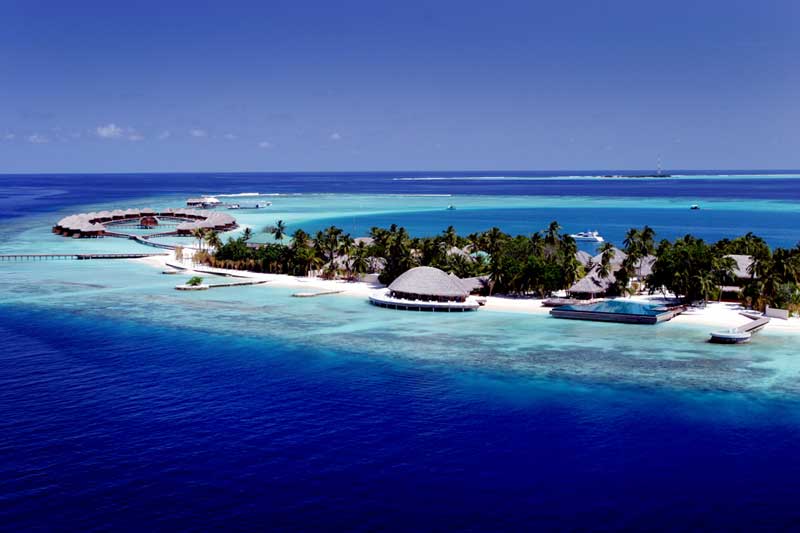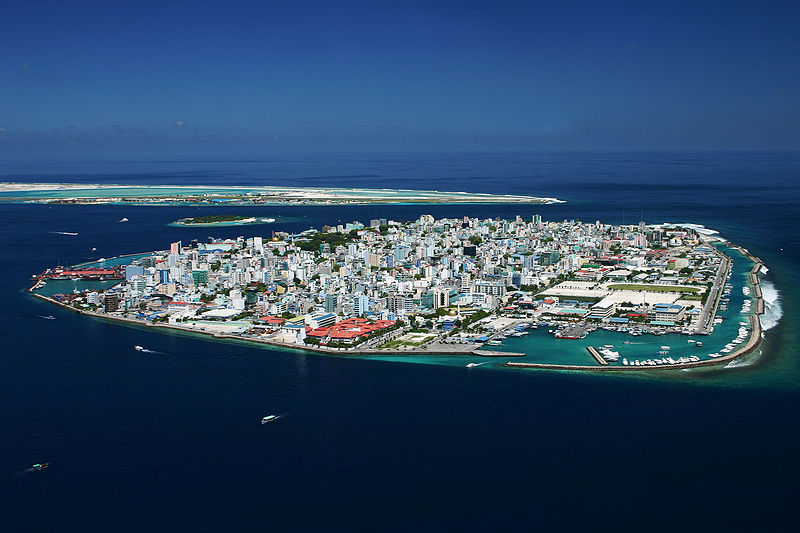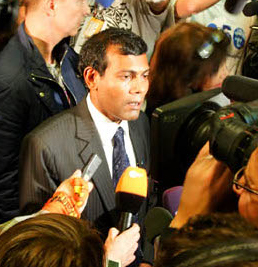In a move that stunned the resorts of this tourism-dependent nation, the government of the Maldives has ordered all spas and “wellness centers” to close in response to Islamic protests.
In an uncertain global economy, it comes as a surprise that any country reliant on foreign tourist dollars would voluntarily endanger its livelihood, but in the case of the Maldives, it seems on the surface as though public opinion has trumped any financial considerations. The Indian Ocean nation, home to a myriad of luxury resorts featuring big international players like Hilton, Four Seasons, and COMO Hotels and Resorts, has now ordered all of the country’s hundreds of spas to shut their doors.
The decree came down from the office of the President last week, and the Washington Post reported that an employee of the Ministry of Tourism said that the resorts were notified of the new policy last Thursday, December 29th. The call for the immediate closure of all spas or facilities promoting “wellness” was in response to large protests held by the Maldives’ conservative Islamist contingent, who reportedly view such centres as promoting non-Islamic belief systems, and have claimed that “the majority” of local Maldivians suspect the spas as being a mere front for brothels.
On December 23rd, a coalition of religious groups gathered at the Tsunami Monument on the coast of Malé, the country’s capital, to make five demands of the government. These included, aside from the banning of “brothel” spas, the halting of a plan for direct flights to Israel and the closing of the loophole that permits alcohol consumption on some inhabited islands. The protesters demanded a halt to any other “anti-Islamic” activities in the country, such as the sale and eating of pork.
The current ruling party, headed by President Mohamed Nasheed, is the Maldivian Democratic Party, which has promoted itself as a liberal supporter of human rights and environmental activism. The party has been in power since the Maldives’ first democratic election in 2005. The rising Islamic sentiment in the country, however, has empowered a strict fundamentalist opposition, most prominently, the Progressive Party of the Maldives, led by Maumoon Gayyoom, the second-place candidate from the 2005 election who was also the non-democratic ruler of the country for 30 years.
The importance of tourism to the Maldives cannot be overstated, making the caving in to the demands of the Islamic protestors seem like economic suicide. It is the single largest contributor to the country’s GDP, contributing $1.5 billion each year, and tourism-related taxes account for an astonishing 90% of all government tax revenue. It would appear that this ban is part of a growing “Islamification” of many tourist regions, like Malaysia, which recently escalated its war against homosexuality. However, there may be more to this issue than meets the eye.
A report in the Indian edition of Reuters reveals an important clue: the Progressive Party of the Maldives claims to not have asked for or supported the ban on spas. In fact, many of the prominent party members own tourism-related businesses, including those that feature spas and wellness clinics catering to tourists. A spokesperson for the PPM described the new policy as “revenge” for the pro-Islamist demands that the party has made on the current leadership. President Nasheed himself commented on it being “ironic” that so many champions of fundamentalist policies like the spa ban are resort and spa owners themselves.
Taken in context, the many resorts of the Maldives may just be pawns in a game of political brinkmanship, and the ban on spa facilities could, in all probability, be a temporary one. Tourism Minister Mariyam Zulfa told the local Haveeru News Service that the government is considering allowing resorts to operate spas, after all, and that the resorts are “aware of the reasons” that led to the decision. In the end, the widespread media attention created by the spa ban certainly sent a strong message from the Democratic Party to its opposition. If the Progressive Party tries to foment populist Islamist dissent against President Nasheed, beware: they may just get what they ask for.
Read more about the ban on spas in the Maldives: Reuters India Edition





